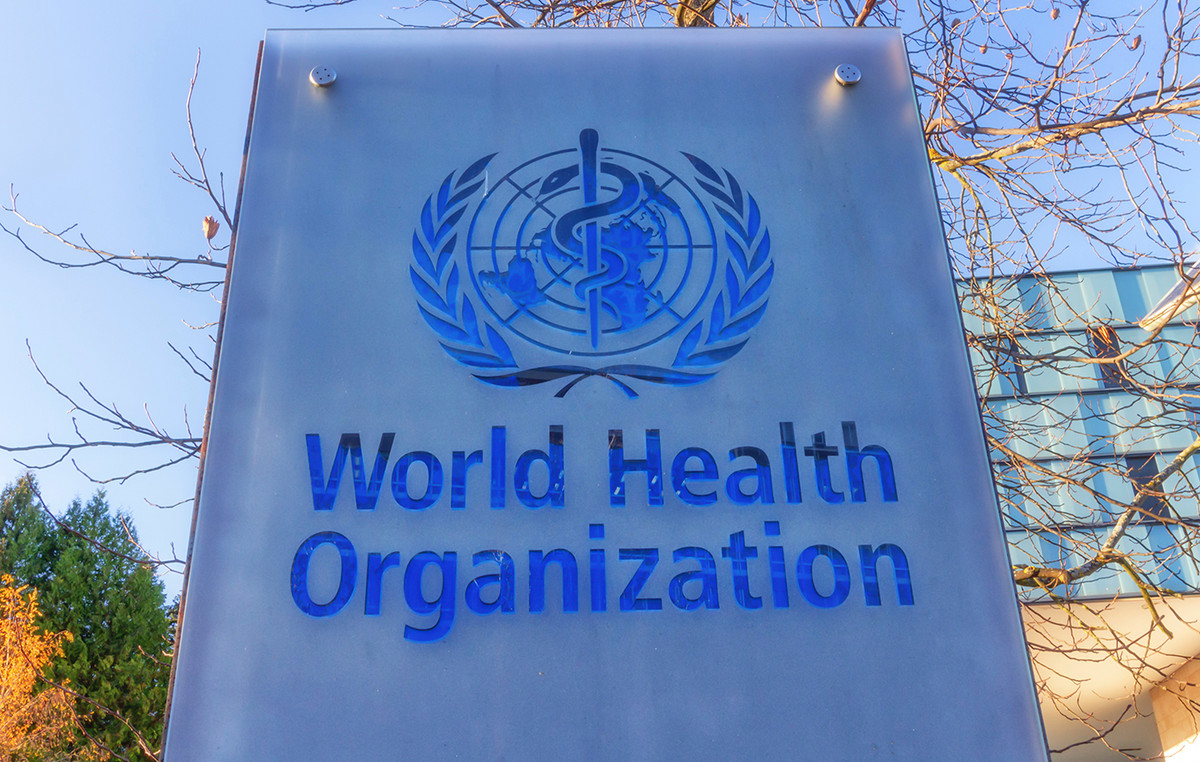A study by the National Confederation of Commerce in Goods, Services and Tourism (CNC), released this Tuesday (7), points out that the proportion of indebted families in Brazil grew 1% in May, compared to April this year, and reached 28.7% of the total number of homes in the country.
In the same period in 2021, the index was 24.3%.
The Consumer Debt and Default Survey (PEIC) shows that practically three out of ten Brazilian families currently have an overdue bill.
The survey also shows that, of the total indebtedness in the country, 22% need at least half of their monthly income to pay debts with banks and financial houses – the highest result since December 2017.
The economist and researcher at CNC, Izis Ferreira, explained to CNN that the country’s families have a lower budget, compared to previous years, due to high inflation, which already exceeds 12% per year for Brazilians.
“We are seeing persistent and relentless inflation. This has put pressure on the budget of these families and what happens is a greater commitment to income and bills to pay. So, those who are in debt dedicate a larger portion of their income to paying off debts, but have a lower income for the day to day”, she emphasizes.
The groups surveyed are composed of the poorest families, with an income of up to 10 minimum wages, and the richest, with an income above 10 minimum wages.
The research indicates that, among the types that encompass the type of debt, the credit card was the one that grew the most in the month of May, with 88.5% in both income brackets.
This result, as Izis says, was motivated by more spending on the card among consumers with higher purchasing power, with a range of 92.9% of families in this group.
“We arrived in May with almost 92% of the richest families indebted on their credit card. We had never had this high proportion. There is a correlation with the improvement in the service sector and the proportion of indebted among the richest families”, says the economist.
“Probably this level will remain high, but we may see a kind of maintenance of this level, with less expressive growth.”
On the other hand, both the poorest and the richest families reported that the total volume of outstanding debts declined in May, compared to the previous month.
For the CNC economist, this small advance was due to the improvement of the job market and income transfers, such as the increase in the value of Auxílio Brasil, extra withdrawals from the FGTS and advances of the 13th salary.
The relaxation of the pandemic and the vaccination against Covid-19 also made it possible to resume the consumption of services, mainly travel, leisure and entertainment, usually paid by credit card by consumers in the highest income bracket.
Source: CNN Brasil
I am Sophia william, author of World Stock Market. I have a degree in journalism from the University of Missouri and I have worked as a reporter for several news websites. I have a passion for writing and informing people about the latest news and events happening in the world. I strive to be accurate and unbiased in my reporting, and I hope to provide readers with valuable information that they can use to make informed decisions.







